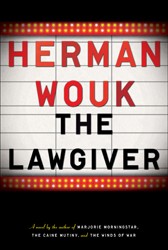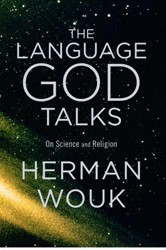November 8, 2012
Marjorie Morningstar is a love story. It presents one of the greatest characters in modern fiction: Marjorie, the pretty seventeen-year-old who left the respectability of New York’s Central Park West to join the theater, live in the teeming streets of Greenwich Village, and seek love in the arms of a brilliant, enigmatic writer. In this memorable novel, Herman Wouk, winner of the Pulitzer Prize, has created a story as universal, as sensitive, and as unmistakably authentic as any ever told.



